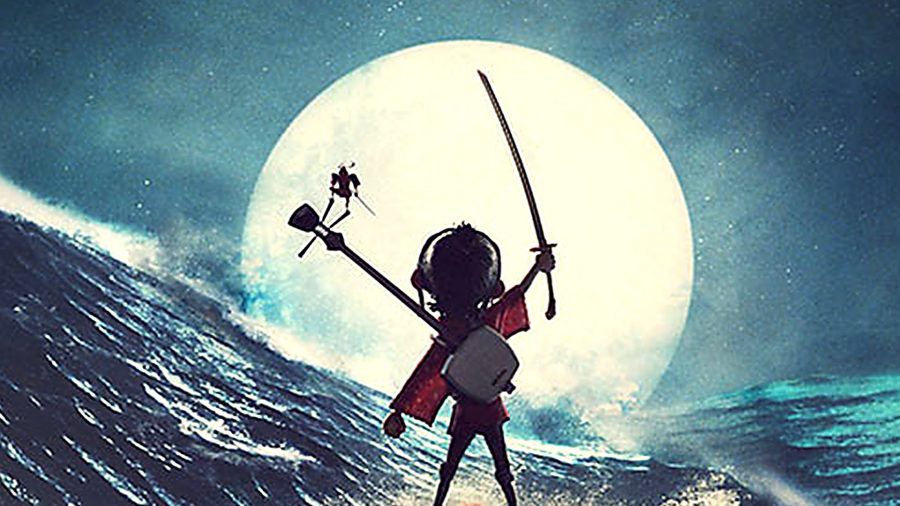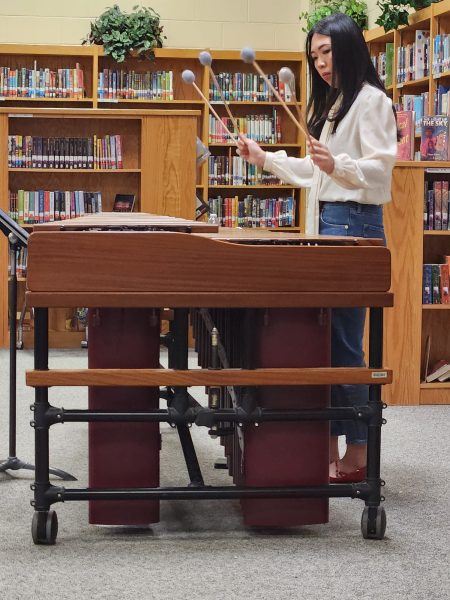Movie review: Kubo and the Two Strings
When was there ever a family movie involving a realistic story about a dysfunctional family, where the child takes care of his parents and pays the price for their psychological absence?
Today, your typical family movie has a happy plot that builds up quickly to the climax of the story, then goes back down with a happy resolution. As long as there’s joy and laughter and silly adventure the movie is enough to take off. But how are these movies sincerely asking us to believe in them? Do we really relate to the characters? Do we feel their struggles and emotions on a deep level? When was the last time you saw a movie that didn’t ask you to feel but made you feel?
Stop-motion veterans took five years to create Kubo and the Two Strings (2016). The effort of a movie developed, written, crafted, and created over the course of years allowed meticulous and well-defined details to appear both in the movie itself and its story. As a viewer, I couldn’t help but admire and appreciate every little detail and its nuanced portrayal. It gave me space to analyze and understand the complexity of each character, while admiring its aesthetics and culture. Kubo and the Two Strings (2016) merged art, craft, science and technology. It was both an enjoyable and emotional experience to watch.
Kubo and the Two Strings undertakes the haunting question of what it means to be human? To love, to reconcile with loss and be forced to grow years beyond your age? Kubo’s story is about a boy robbed from his childhood and was taken away by his mother who later became unable to care for herself. This forced little Kubo to take care of her at a very early age. His grandfather wanted to kill his mother and take his eyes. You can imagine how confusing this was for Kubo and the movie did a great job showing that. His mother, a strong magician, managed to save him and run away. As the adventure unfolds, Kubo learns to use a shamisen (a three stringed Japanese lute) to fold paper into animated origami. Eventually he realizes his potential and magical powers and understands why his own grandfather is after him. At some point in the story, Kubo has to make a critical and crucial decision between choosing immortality or staying as an orphan without parents. The movie takes on sincere and open sentiments that are not exaggerated or sensationalized. They’re not cheesy or fake, they’re real and you can’t help but respect and admire how wise and complex the little boy’s character is. I won’t reveal his choice nevertheless, the movie ends in an amazing song cover for “While My Guitar Gently Weeps” by The Beatles. It’s a nice way to end the summer, especially after so many disappointing movies. Show times are available in River Cinema 15 and Carmike 10.
Ekram Kofiah is a staff writer for The Dakota Student. She can be reached at [email protected]
















